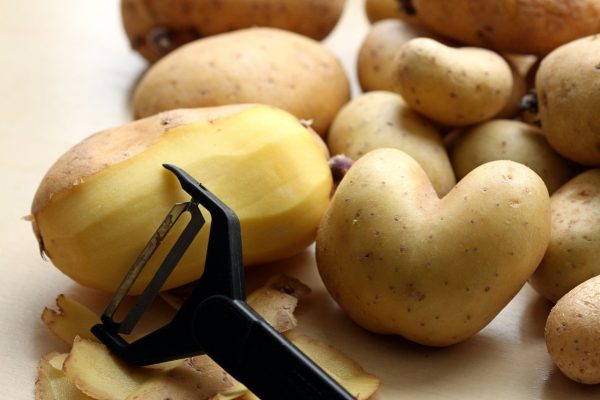The karpas, the green vegetable, is the first part of the seder that makes this night different from all other nights. So far, the first glass of wine and the hand washing, though significant, do not serve to mark any sort of difference; they are regular parts of meals. The karpas, however, is not. As a night marked by difference, that difference starts now. Tonight, we celebrate difference with the karpas. Here, difference brings us hope, joy, and renewed life.
We also know that with difference can come pain and tears. We have shed these tears ourselves and we have caused others to shed tears. Some say we dip the karpas in salt water to remind ourselves of Joseph, whose brothers sold him into slavery and then dipped his fabulous, technicolor dream coat into blood to bring back to their father, Jacob. Difference can also be dangerous.
Tonight, we dip the karpas into salt water, and as we taste it, we taste both the fresh, celebratory hope of difference and the painful blood and tears that have come with it.
Together we say:
Brukha at Yah eloheynu ruakh ha’olam boreit p’ri ha’adamah.
You are Blessed, Our God, Spirit of the World, who creates the fruit of the earth.









